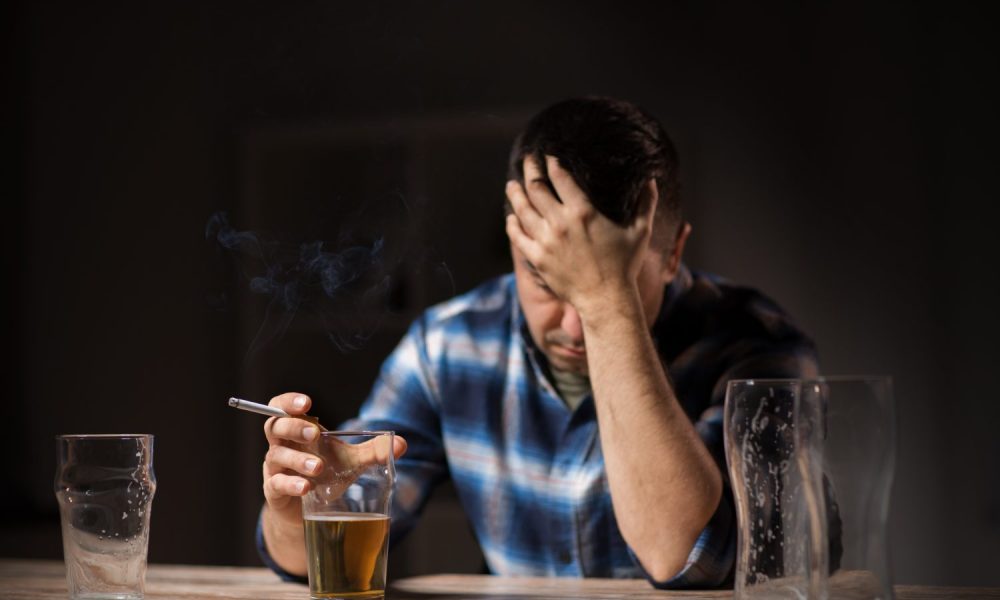Friendship often feels like a safe space a place where laughter, trust, and shared memories thrive. Many friendships grow stronger through celebrations, parties, and social outings. But when alcohol becomes a frequent part of those gatherings, things can slowly start to change. What begins as a casual toast to good times can sometimes strain even the closest bonds.
The Hidden Cost of Social Drinking
Drinking together is often seen as a way to relax and connect. It helps people open up and enjoy the moment. Yet, when alcohol use turns into dependence or overconsumption, it brings more harm than happiness. Arguments, forgotten conversations, and irresponsible behavior can start creeping into the friendship.
Some people begin to feel uncomfortable or even left out if they choose not to drink. Others may start worrying about a friend’s safety or well-being. Over time, these concerns can create silent distance between friends. The joy of companionship can turn into tension and unease.
Using self-accountability systems such as Soberlink can sometimes help individuals take charge of their drinking habits and rebuild the trust they may have lost with those they care about. It’s not about judgment it’s about being honest with oneself and respecting the relationships that matter most.
How Alcohol Changes Friendship Dynamics
When alcohol enters the picture too often, it can blur boundaries. Friends who once trusted each other deeply might start facing misunderstandings. Drunk texts, forgotten promises, or emotional outbursts can leave lasting marks on the relationship.
For instance, one friend may find themselves constantly apologizing for their actions after drinking, while the other struggles to forgive or understand. This pattern can cause emotional exhaustion on both sides. Over time, frustration replaces fun.
Friendships thrive on balance and mutual respect. When alcohol becomes the center of interaction, conversations tend to lose depth. Instead of connecting over life goals or shared interests, the friendship starts revolving around the next party or drink.
The Strain of Emotional Dependence
Some people use alcohol as a way to escape stress or pain. When a friend begins to rely on drinking as a coping mechanism, it can create a heavy emotional load for others. The caring friend may feel responsible for offering support, managing situations, or covering up mistakes.
This emotional imbalance can be draining. It’s tough to watch someone spiral while feeling powerless to help. Over time, even the most patient friend can reach a breaking point. That’s when distance or detachment becomes a form of self-protection.
When Concern Turns into Conflict
Concern for a friend’s drinking habits can easily lead to conflict. Approaching the subject is delicate especially if the person isn’t ready to accept that alcohol has become a problem. The friend may feel attacked or embarrassed, even if the intention is love and care.
Arguments may arise, and misunderstandings deepen. What was once an honest conversation can turn into defensive silence. Many friendships fall apart during this phase because both people feel hurt and misunderstood.
Rebuilding Trust after Alcohol-Related Issues
Trust is fragile. Once broken, it takes time and effort to rebuild. If alcohol has caused damage in a friendship, open communication is the first step toward healing. Apologies are important, but consistent action speaks louder than words.
The person struggling with alcohol needs to show genuine commitment to change. This can include reducing drinking, avoiding high-risk situations, or seeking professional help. The friend offering support also needs to set clear boundaries. Forgiveness should come with conditions that protect emotional well-being.
Rebuilding friendship after such strain is possible but it requires honesty, patience, and mutual understanding. It also means letting go of guilt and focusing on healthier ways to spend time together.
Choosing Sobriety-Friendly Social Circles
One of the biggest challenges for people who decide to reduce or stop drinking is finding social acceptance. Friends who understand this decision can make all the difference. Activities like hiking, movie nights, or weekend brunches can replace bar visits. These small changes help shift the focus from drinking to meaningful connection.
Friends who truly care will adapt and respect those boundaries. In fact, sobriety can strengthen friendships it builds trust, honesty, and deeper emotional connection. Without alcohol clouding judgment, conversations become more real, laughter more genuine, and memories clearer.
Recognizing the Signs of a Strained Friendship
Sometimes, people ignore early signs that alcohol is affecting their friendships. If you notice increased arguments, emotional distance, or avoidance, it might be time to reflect. When one person feels uncomfortable with another’s drinking habits, it’s a clear sign that something needs to change.
Communication is key. A simple, caring conversation can prevent long-term damage. Expressing concern in a non-judgmental way often helps the other person realize the issue without feeling attacked.
The Path Forward
Friendship should bring comfort, not conflict. Alcohol can test these relationships in unexpected ways, but awareness and empathy can prevent lasting harm. Understanding the impact of excessive drinking allows both friends to take responsible steps whether that means cutting back, seeking help, or setting boundaries.
True friendship goes beyond parties and shared drinks. It’s built on care, trust, and respect qualities that can survive any test, even one caused by alcohol. By choosing to prioritize these values, friends can protect their bond and grow stronger together.

